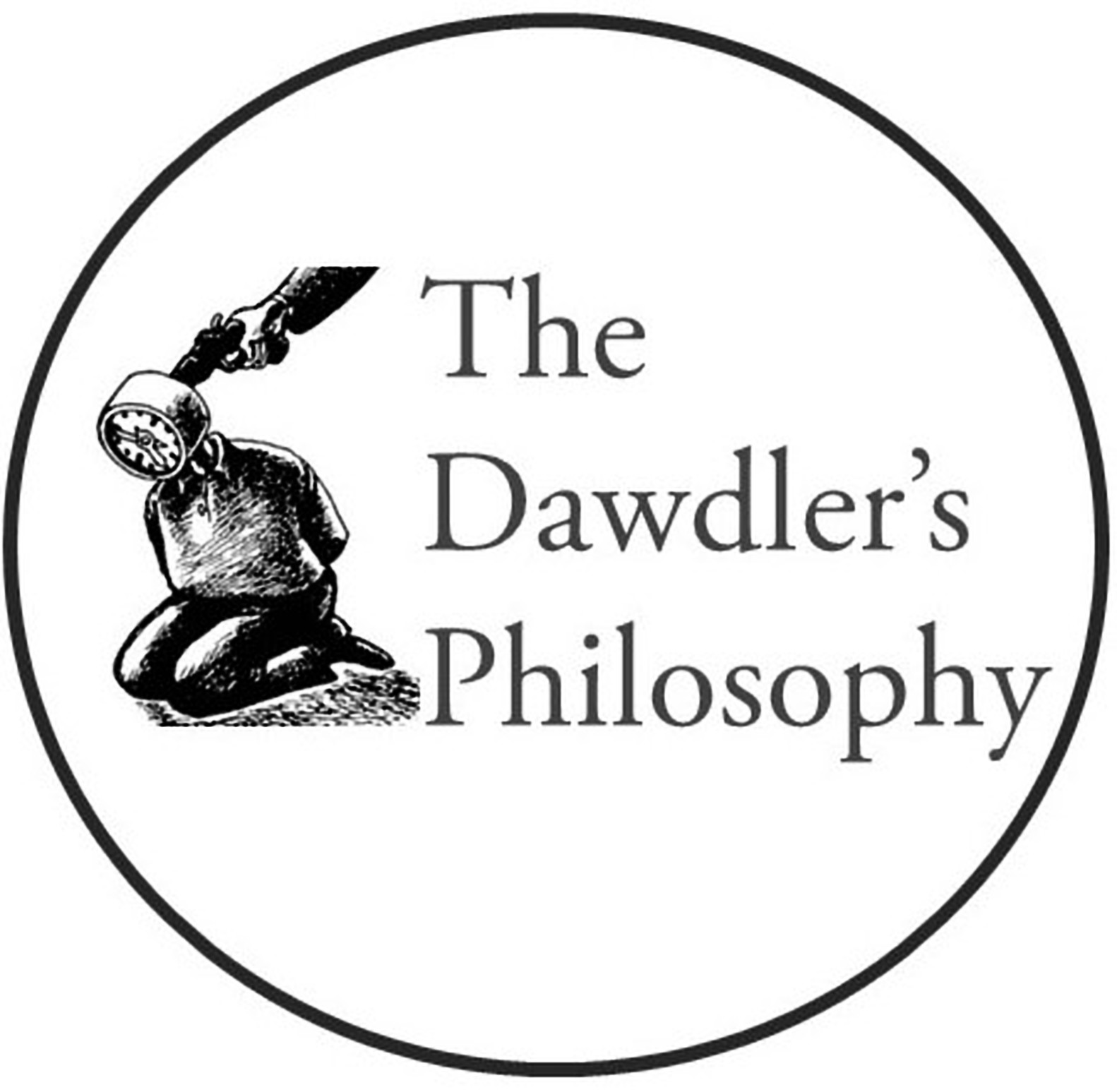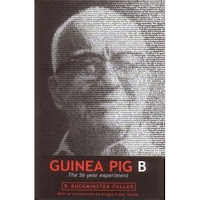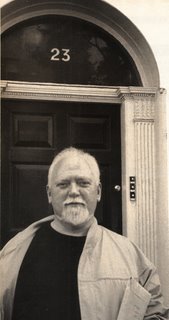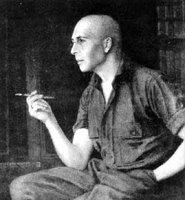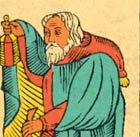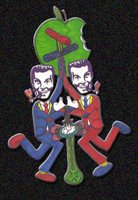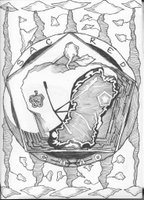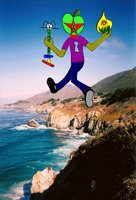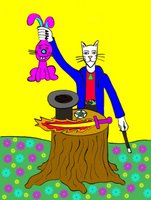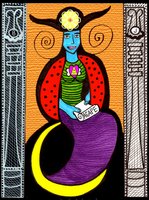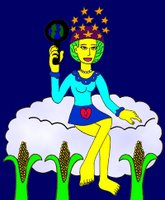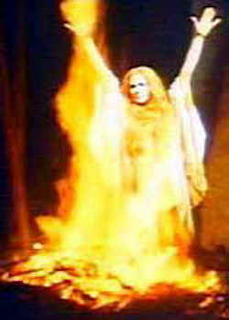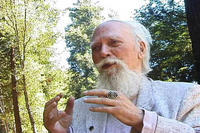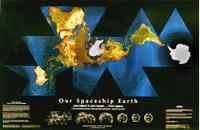
When RAW died at the age of 74, it seemed to me that I found myself next in line (at the age of 61). The Forum and the Academy seemed generally a space for younger folk. Not that I thought it made me any wiser (or put me at the front of the line for dying!) but it does (inevitably) make my frame of reference different, just because of having started earlier in the Twentieth Century.
Now that I (along with an unknown group of others)have begun working on the self-directed course of The Tale of The Tribe (which doesn't have a discussion zone) I seem to have leaked a lot of my 'thinking aloud' to this blog...and with Comments we can at least have brief exchanges, as we would in the forum.
The monologue aspect of a blog post suits me, too (no interruptions and sidetracks - heh heh).
One of the reasons I started talking about Duchamp and Cage, etc, arises from wanting to create a context. It seems so easy to think of creative people working in isolation.

Even now, I get a little shock when (say) Bob Dylan mentions Neil Young, in
Highlands as though I somehow assumed he doesn't live in the same soundscape world as me...or might have read the same books, seen the same films, etc.
I'm listening to Neil Young, I gotta turn up the sound
Someone's always yelling turn it downSo, to put Joyce and Pound and Korzybski and Fuller in context (when what they worked on still really was 'modern' - as in contemporary) I have studied
around them, I want to know if they knew (or knew of) each other...and find it amusing that Joseph Campbell ended up the way he was because of total poverty in The Thirties (and just giving up and retreating into books) - so I also find it intriguing that Cage (from sheer poverty) started playing Furniture Music (finding sounds in all the objects around him) - and then got into electronics and experimental music (early uptaker in The Forties) and began the 'Happenings' in The Fifties that mosbunall people associate with The Sixties (if they don't think of Cabaret Voltaire in The Twenties). And yes, I have deliberately used those decades (inaccurate though I find them) to show how we cut up a century. We even believe something 'new' happened in 2000, but many people in 1900 felt the same...they felt really trendy and new...
Anyway - I am working my way around John Cage again. I have access to a couple of his books through the library -
Silence, and
For The Birds ("I am for the birds, not the cages that people put them in"). The library also has various pieces of his 'music', but I feel more interested in his cross-over work. I really enjoyed
Roaratorio (a soundscape - or Irish Circus -he made for Finnegans Wake) and just got a copy of his highly amusing 'radio play'
Marcel Duchamp, James Joyce, Erik Satie: An Alphabet.I already have, in my collection, the rather wonderful
Indeterminacy, a series of 90 one minute stories he tells on one channel, while David Tudor adds random sounds on the other stereo channel.

Plenty of mushroom stories for our Phly. You can
find the stories online here...and while reading them on screen just listen to the sounds of the environment you find yourself sitting in (it'll do just as well, and I feel sure he would approve).
I feel like I want to make a timeline, and put all these people onto it - maybe focused on 1932 (when
Bob arrived on the planet, and Cage arrived back from a trip to Europe, aged 20, to study with Schoenberg), from William Burroughs (studying with Korzybski) to Joyce refusing psychoanalysis from Jung, from Joe Campbell in his cabin, to Crowley on his island...to Hitler and Korzybski and Wilhelm Reich, and on and on and so on.
Ahem. You can see what I mean about my tendency to monologue (or even, to get Shakespearean, soliloquy). Musing. Brooding. Thinking. Meditating.
Strictly speaking, I feel I should take all this over to my own blog, but so long as it seems fairly relevant I will stay and clutter up the blog. OMMMM. AUMMMM.
